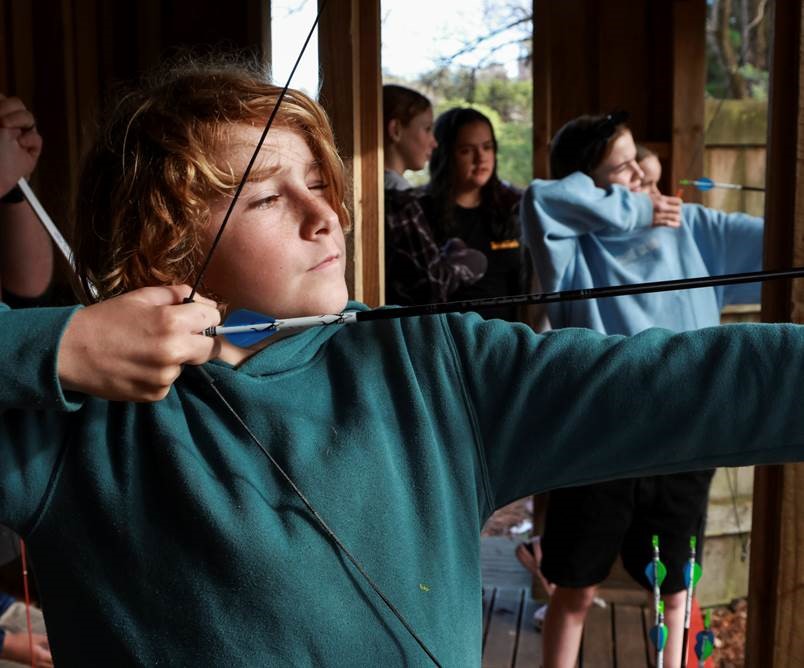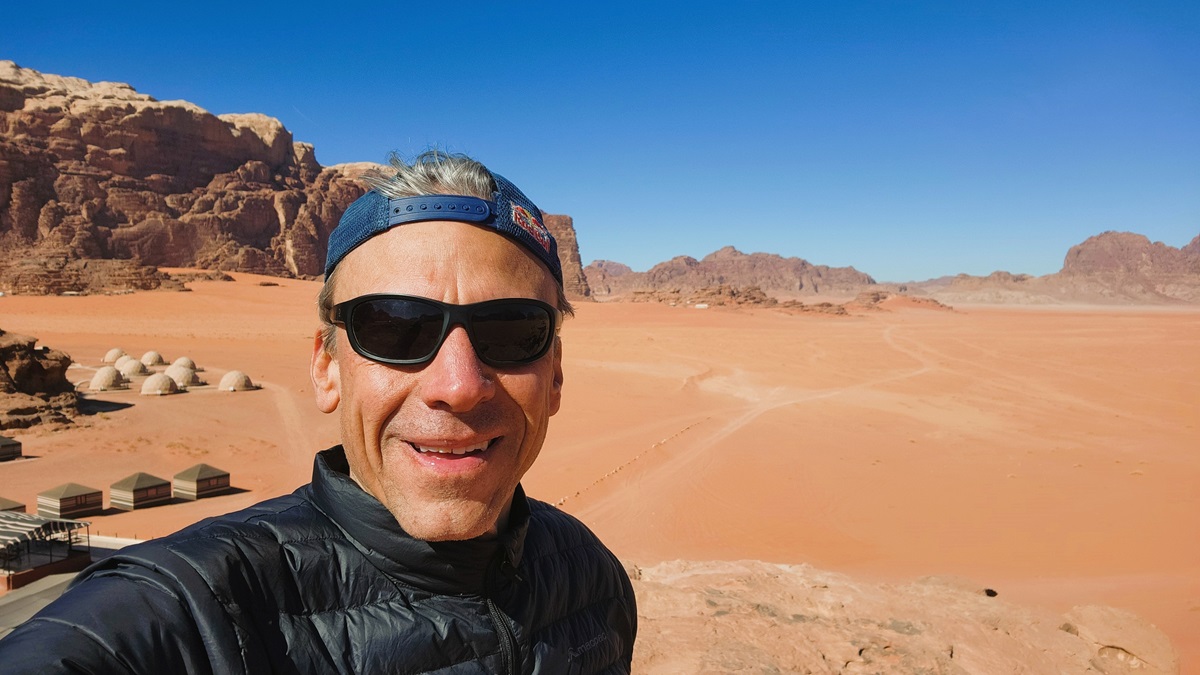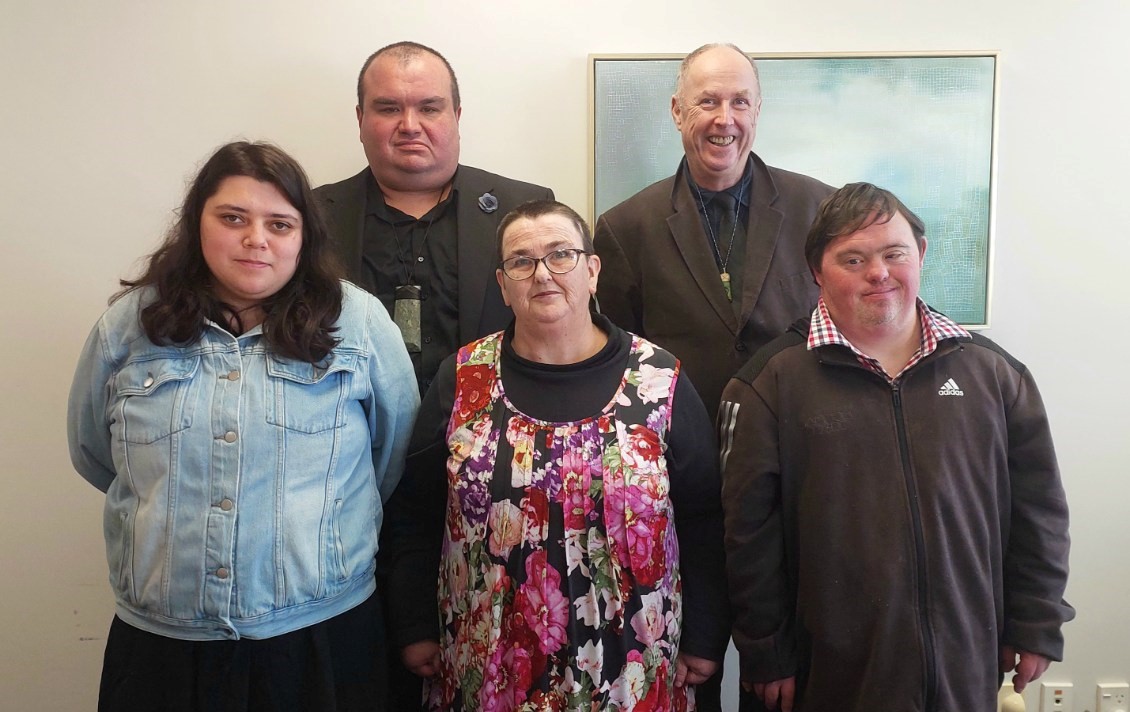Categories
IHC expands support for families

IHC is expanding its Family-Whānau Liaison team into Waikato to make sure more families caring for people with intellectual disabilities can get the help they need.
Many families are alienated from the disability support system, and the Family-Whānau Liaison team have a great track record of making a difference to these families, says IHC General Manager of Programmes Janine Stewart.
Janine says new research commissioned by IHC convinces her that the organisation is on the right track and the Family-Whānau Liaison are changing lives.
An ImpactLab report last year measuring the impact of our Family-Whānau Liaison programme in Northland showed that every $1 spent on this programme provided a social return and positive impact of $2.10. It recorded, for example, that the roll-on effect of getting one family’s child to an assessment had accumulated benefits for the whole family.
ImpactLab worked with Family-Whānau Liaison Jim Callaghan in Whangārei and gathered non-identifiable data to assess the impact of his role over a 12-month period. It looked at the effectiveness of the role in Whang?rei and what the potential consequences would be if that family liaison wasn’t there.
A second report last year by Kōtātā Insight is helping to highlight the gaps in disability services. Data to Dignity: Health and Wellbeing Indicators for New Zealanders with Intellectual Disability draws on government statistics in the IDI (Integrated Data Infrastructure) to measure the disadvantage experienced by those with intellectual disabilities. “The IDI report identified areas where we need to put more resources,” Janine says.
IHC has employed Family-Whānau Liaison since 2018 to link families to information and services, local support groups and other families. Funded by grants from the IHC Foundation, Foundation North and others, the Family-Whānau Liaison team concentrates on building trust with families and relationships with local support organisations.
“When we first trialled the Family-Whānau roles, I didn’t know whether they were going to be permanent roles. We thought that the needs assessment coordination agencies would pick up a lot of coordination. But in reality Family-Whānau have picked up families who have been through those systems and have been completely alienated from them.
“What became obvious to me was that a population group had become disenfranchised.”
Janine says in Northland, in particular, some families are not getting support. “The generational alienation from the system is there.” IHC has two team members working in Northland, where disability support services are limited and overloaded and families struggle to trust and navigate the system.
As the number of referrals to the Family-Whānau Liaison team has grown the demand has stretched the staff who cover Northland, Auckland, Horowhenua and Christchurch. Frequently the team has to navigate other issues too affecting family wellbeing – poverty, unemployment, rental costs, no transport, the rising cost of living and unforeseen traumatic events in the communities (COVID, storms and violence).
A priority for the team is to connect with families who have children who have been newly diagnosed with intellectual disability. But there are many children who are undiagnosed.
Family Liaisons hold regular ‘Wellness workshops’ to give family carers a breather.
A new Family Liaison role was created last year to ease some of the pressure in the north – a second team member for Northland, based in Kaikohe. Now, with a new member in Waikato and a team leader in Wellington, the Family-Whanau Liaison team has expanded to six.
From June, the team will be part of IHC Advocacy and more closely integrated with the advocacy strategy of the organisation, with better links to all the resources of the IHC Library and Awhi Ngā Mātua, an online community for parents of disabled, neurodivergent and medically fragile tamariki sponsored by IHC, but still led by parents.
Janine says the change will not affect families. “It doesn’t need to affect anyone on the ground. It’s just that they will have a lot more support. This is business as usual.”
No politics, no hate – just Awhi
Awhi Ngā Mātua, an online community built in a rush in response to urgent need, is moving to a new chapter under the management of the IHC Library.
The Awhi Facebook page was launched during the COVID lockdown. Parents of disabled children were stranded when government agencies and sector organisations could not respond fast enough and there was no central channel available for these parents who were seeking information and help.
Awhi quickly became an online community where parents could support each other, and government and sector agencies could post information to connect with parents.
It was whānau-driven with parents talking to parents and helping each other to get through – and with IHC doing the back-end work.
Janine says IHC had been working on ways to better connect with young families before COVID. A good source of connection was the IHC Library and, in particular, its Free Books for Families programme. And we were asking, what does a modern library and information service look like?
But families weren’t necessarily looking to libraries for information. “Most parents get their information from other parents and mostly on Facebook, and the information can’t be curated,” she says.
Janine says families need trusted information, but this has to come through a parent lens. Content will be moderated. “Anything hateful comes off Awhi. It’s not a place for hate. No political comment. We’re, ‘What can we do to help?’.”
Awhi Ngā Mātua will still be a parent-led community but will now be managed by the IHC Library and backed by all the resources and information the library can offer to parents. “We are the creators and owners of that information,” Janine says.
“We don’t have many vehicles to get to young families. This is a vehicle. It gives us an avenue to people who want to be part of something.”
All information provided for Awhi will go to an Awhi Guardian group of parents for checking. “The parent networking group is incredibly important to the integrity of what we do.”
Previous page: Family-Whanau- Liaison-Team. Front row: Donna Higgs-Herrick and Cindy Carson. Back row: Jim Callaghan, Suzanne Downes and Anna Wong.

This story was published in Strong Voices. The magazine is posted free to all IHC members.
Download PDF of Strong Voices issue








